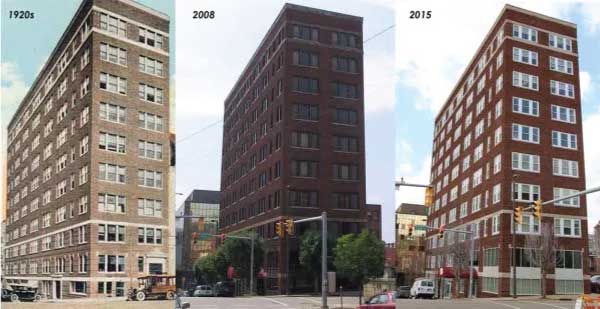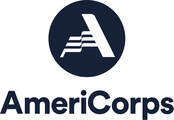Both of these bills would mainly:
(1) allow an increased 30% credit (from the current 20% credit) for small-sized transactions, between $750,000 and $3.75 million; (2) simplifies the tax credit transfer process for projects under $2.5 million. We need your help in asking our Senators and Representatives to co-sponsor this bill and move it forward. Currently, there are no Senators or Representatives from West Virginia co-sponsoring this bill. If you would like to see a list of projects utilizing the historic tax credit, please visit http://www.preservationnation.org/take-action/advocacy-center/additional-resources/historic-tax-credit-maps/2015/WV_map-and-economic-impacts-and-project-lists-from-2001-to-2014.pdf. How can you help? Please contact your Senators and Representative today. As their constituent, your opinion matters, and these improvements to the tax credit can make more projects viable in West Virginia. It’s as simple as sending an email. They’re contact information is available at http://www.contactingthecongress.org/cgi-bin/newseek.cgi?site=ctc2011&state=wv. All you need to do is complete a contact form asking them to co-sponsor either HR3846 or S2655. If you want to send something more substantial, here is a sample letter. Dear xxx, As a constituent who values the preservation of our state’s rich and diverse heritage, we respectfully request that you co-sponsor the Historic Tax Credit Improvement Act, S. 2655 / H.R. 3846. Your support of this legislation will demonstrate our nation’s ongoing commitment to federal tax policies that help revitalize our economy and preserve Main Street communities throughout the nation. The Historic Tax Credit Improvement Act, H.R. 3846 / S. 2655, introduced in the House by Congressman Mike Kelly (R-PA) and Congressman Earl Blumenauer (D-OR) and in the Senate by Senator Ben Cardin (D-MD) and Senator Susan Collins (R-ME), would reform the federal rehabilitation tax credit for the first time in thirty years in several important ways by:
Since President Reagan signed the federal historic tax credit into law, it has leveraged nearly $117 billion in private investment, created 2.5 million jobs and adapted more than 41,250 buildings for new and productive uses. And the credit more than pays for itself – over the life of the program the IRS has issued $24 billion in tax credits while generating more than $28.6 billion in direct federal tax revenue. Today, it is the most significant investment the federal government makes to preserve our nation’s historic properties. From 2001 – 2014, the Internal Revenue Service awarded almost $28 million in federal historic tax credits to projects in West Virginia, resulting in the completion of 85 projects statewide and nearly $168 million in total development expenditures. For these 85 projects, 3,366 jobs were created, and $34 million in federal, state, and local taxes were generated. Over this thirteen year period, projects were very frequently completed in historic downtowns and for various purposes including downtown development, housing, entertainment, office space, and more. Some of the more recognizable projects include the Quarrier Diner restaurant building in Charleston, the First Ward School Apartment Building in Elkins, the Ritz Theatre in Hinton, the Old JC Penny Building in Huntington that is now home to the Taste of Asia, the Morgantown Beauty College building, and many more. Please consider signing on as a co-sponsor to the Historic Tax Credit Improvement Act, S. 2655 / H.R. 3846. As always, we look forward to continuing our collaborative work with Congress, preservation and partner organizations, business leaders, and individuals working to recognize the value of the historic tax credit, and its role in improving the quality of life in cities and towns across the nation. Your support of the Historic Tax Credit Improvement Act is greatly appreciated. Please let us know what information we may provide to help ensure the federal historic tax credit continues our nation’s successful policy of preserving and revitalizing our older and historic communities. Sincerely, Comments are closed.
|
News and NotesCategories
All
Archives
May 2024
Subscribe to our mailing list to receive e-news updates on historic preservation news and events in West Virginia.
|
Get Involved |
Programs |
Contact UsPreservation Alliance of West Virginia
421 Davis Avenue, #4 | Elkins, WV 26241 Email: [email protected] Phone: 304-345-6005 |
Organizational Partners:
© COPYRIGHT 2022 - PRESERVATION ALLIANCE OF WEST VIRGINIA. ALL RIGHTS RESERVED.


 RSS Feed
RSS Feed



